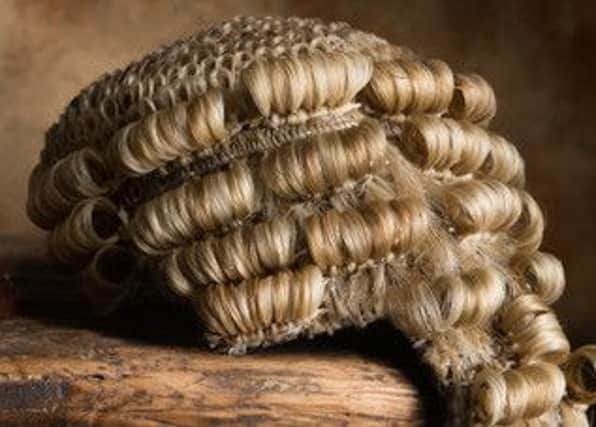Daughter's bid for '˜Good Samaritan' bomb inquest rejected


Dorothy Johnstone wanted a judge to quash John Larkin QC’s decision not to direct a fresh tribunal into the so-called Good Samaritan attack in Londonderry 29 years ago.
But Mr Justice Deeny ruled that the attorney was justified in concluding such a step was not advisable.
Advertisement
Hide AdAdvertisement
Hide AdHe cited the financial and human costs of a further public hearing which would be unlikely to advance the goal of prosecuting the perpetrators.
Ms Johnstone’s solicitor, Kevin Winters, confirmed the verdict will be appealed.
The case was the first of its kind to challenge the decision-making powers of Northern Ireland’s chief legal officer.
Ms Johnstone’s 54-year-old father Eugene Dalton and Sheila Lewis, 68, were both killed in the explosion at a house in Creggan area in August 1988.
Advertisement
Hide AdAdvertisement
Hide AdA third victim, 57-year-old Gerard Curran, died months after being pulled from the rubble.
The attack became known as the ‘Good Samaritan Bombing’ because the three friends had gone to check on the whereabouts of a neighbour kidnapped earlier by the IRA.
The paramilitary grouping later apologised, admitting it planted the device in a bid to kill soldiers.
In 2013 Police Ombudsman Dr Michael Maguire published findings that RUC officers had information about an IRA booby trap bomb in a house in the housing estate but did nothing to warn residents of the possible danger.
Advertisement
Hide AdAdvertisement
Hide AdHe identified a failure in the police obligation to protect the lives of the public.
Following his report the attorney general decided a new inquest was not advisable at that time.
But Ms Johnstone’s legal team claim it could help to establish responsibility for police failures.
They contend that investigative obligations under Article 2 of the European Convention on Human Rights were rekindled by the ombudsman’s findings.
Advertisement
Hide AdAdvertisement
Hide AdOrdering a new inquest could establish responsibility for police failures and provide fresh hope of identifying and punishing those responsible, counsel contended.
The court heard that since Mr Larkin came into office he has directed new inquests in at least 30 cases involving more than 70 deaths – many of them Troubles related.
However, Mr Justice Deeny backed his decision to decline requests from Mr Dalton’s family.
He pointed out that there was no evidence of police collusion in the deaths.
Advertisement
Hide AdAdvertisement
Hide Ad“It is very difficult to see how any practical benefit could now be obtained for the public in going over the procedures then being followed by police officers in Derry at the time, when they say that much of the city was out of bounds to them by terrorist activity,” the judge said.
“To bring back for a public hearing in an inquest civilian and retired police witnesses to give evidence about these tragic events and the difficult questions around them will inevitably be unwelcome and in many cases positively distressing.
“Many may have legitimate health grounds for refusing to attend.”
Refusing the application for judicial review, he added: “I am very pessimistic that an inquest at this time would succeed in securing any significant accession of information compared to that which the ombudsman obtained.”
Advertisement
Hide AdAdvertisement
Hide AdOutside court Mr Winters, of KRW Law, announced plans to appeal.
“We are disappointed at the extent to which the court focused on the criminality of the perpetrators as opposed to that of the State,” he said.
The solicitor added: “Having said that the court made it clear that the attorney general is not exempt from judicial scrutiny in decision-making on inquests.
Given the ongoing political impasse on inquests and resources this is a positive development for hundreds of bereaved families still engaged in truth recovery.”